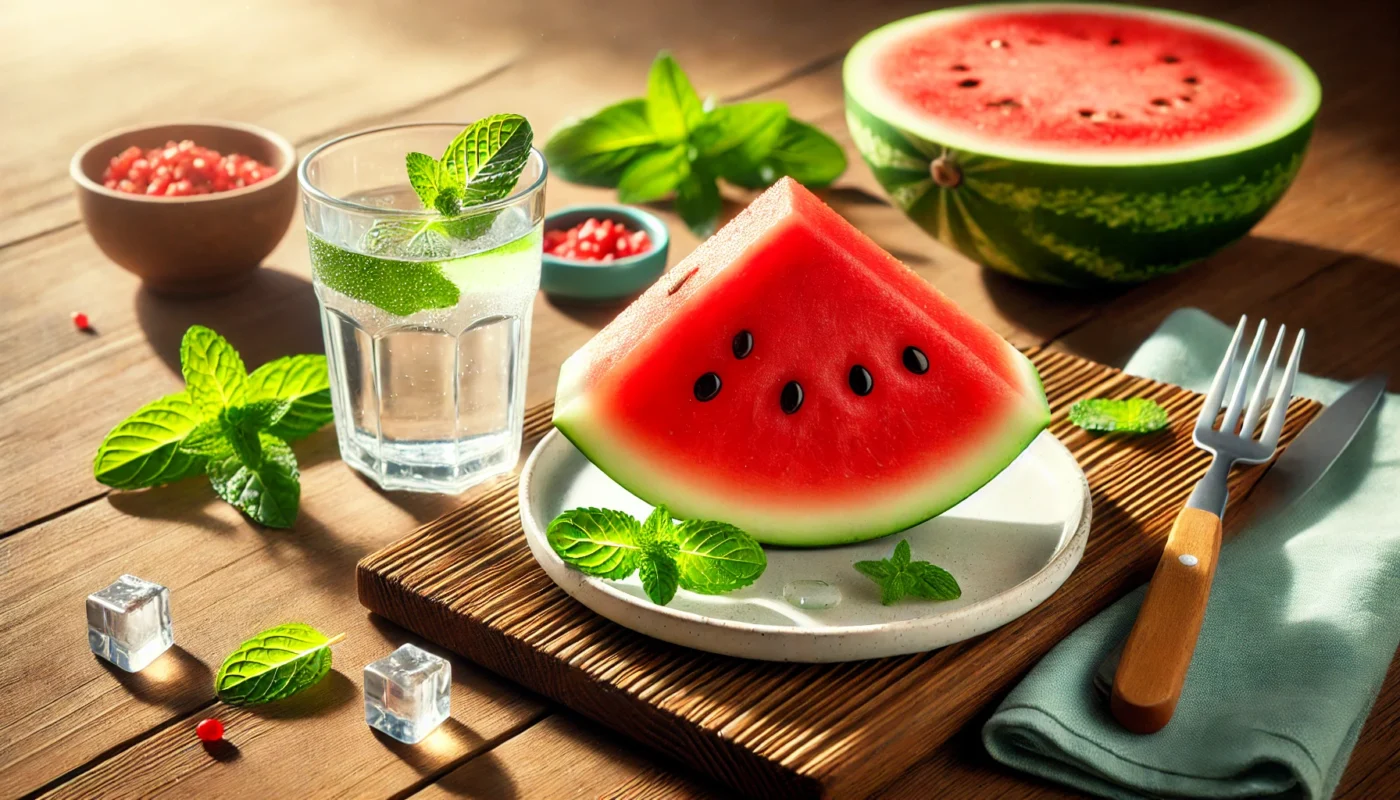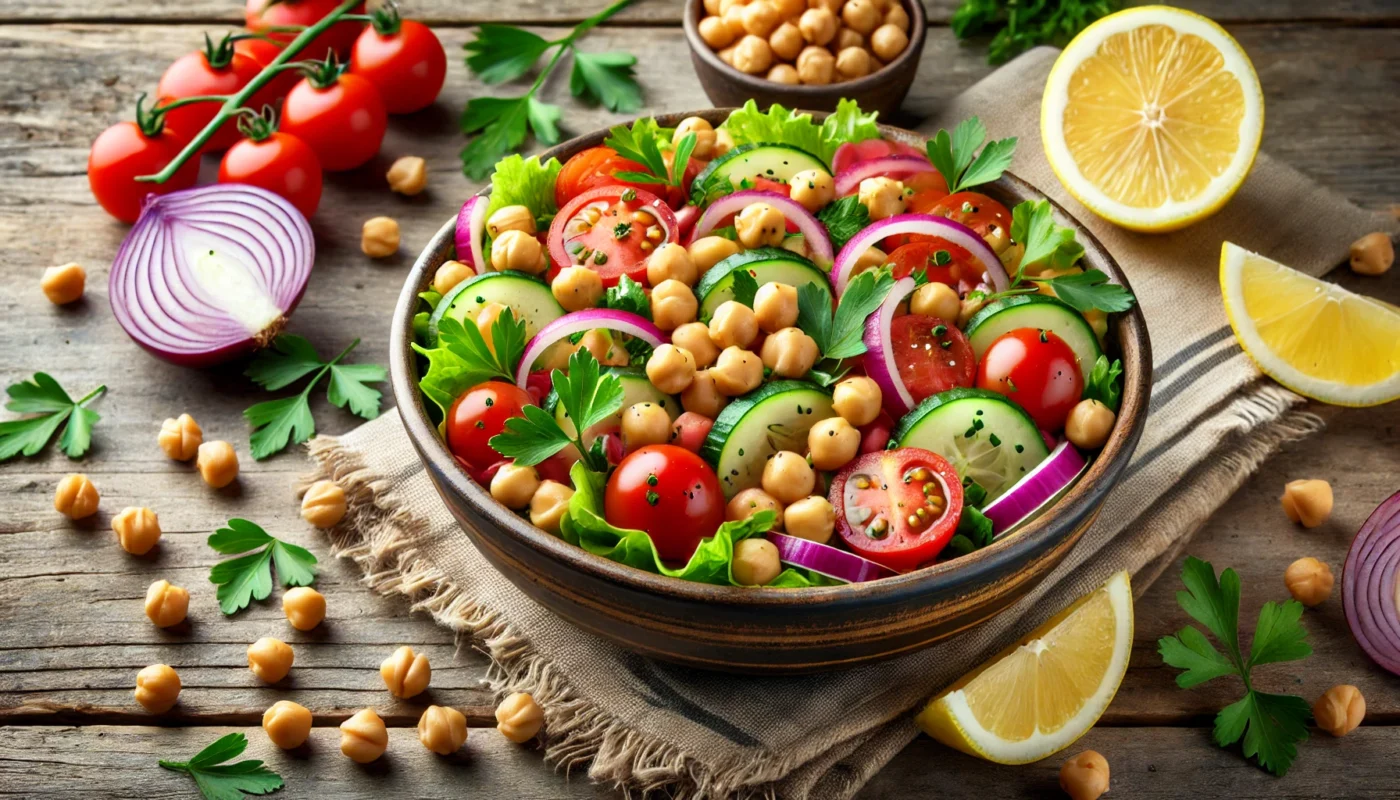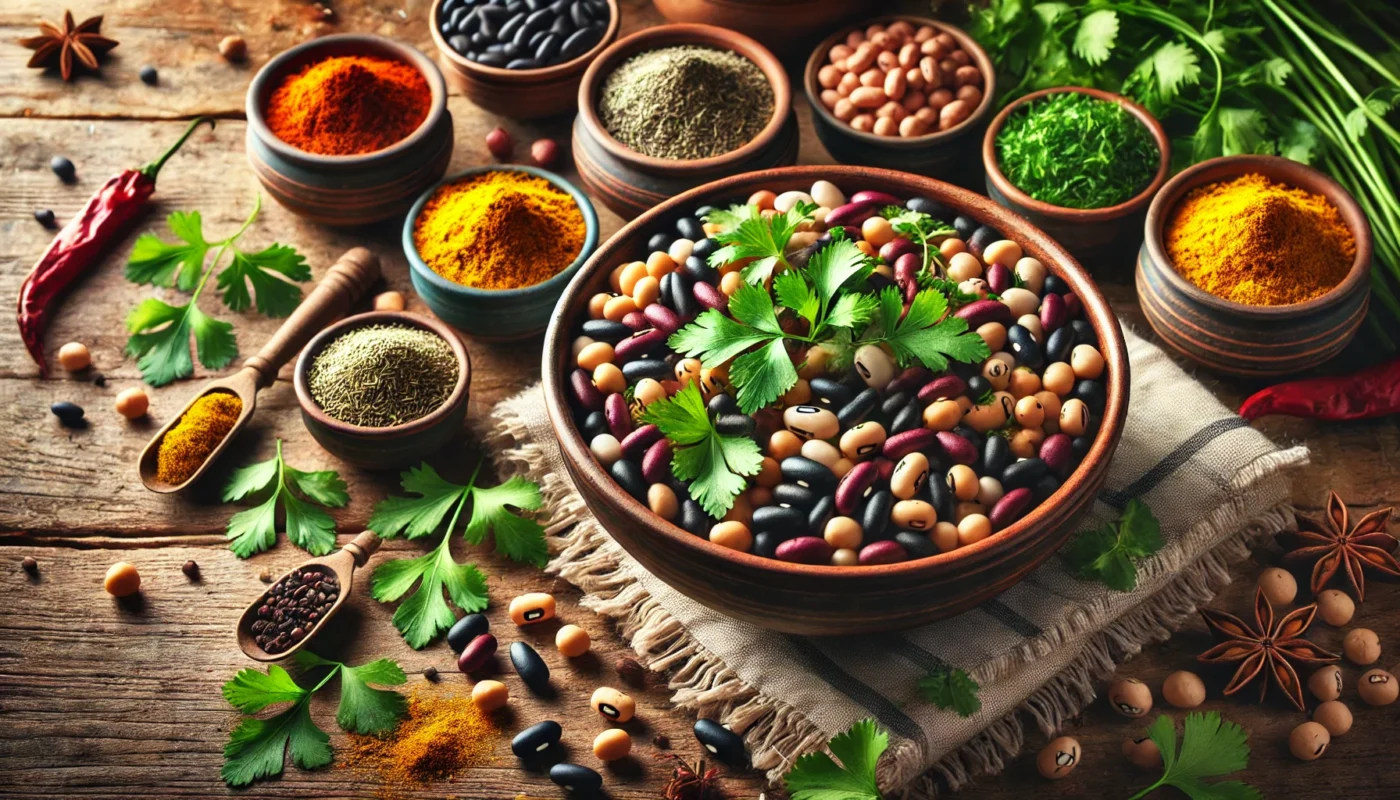Arthritis is a common ailment that affects millions worldwide. It’s characterized by joint pain and inflammation, often leading to reduced mobility and quality of life.
Many people with arthritis turn to medications for relief. However, these can come with side effects and may not always provide complete relief. This has led many to seek alternative or complementary approaches to manage their symptoms.
One such approach is dietary modification. Research suggests that certain foods and drinks can help alleviate arthritis symptoms. Among these, certain juices have gained attention for their potential anti-inflammatory properties.
This article will delve into the world of juicing for arthritis. We’ll explore the science behind how certain juices can help reduce inflammation and alleviate joint pain. We’ll also provide practical advice on how to incorporate these juices into your daily routine.






